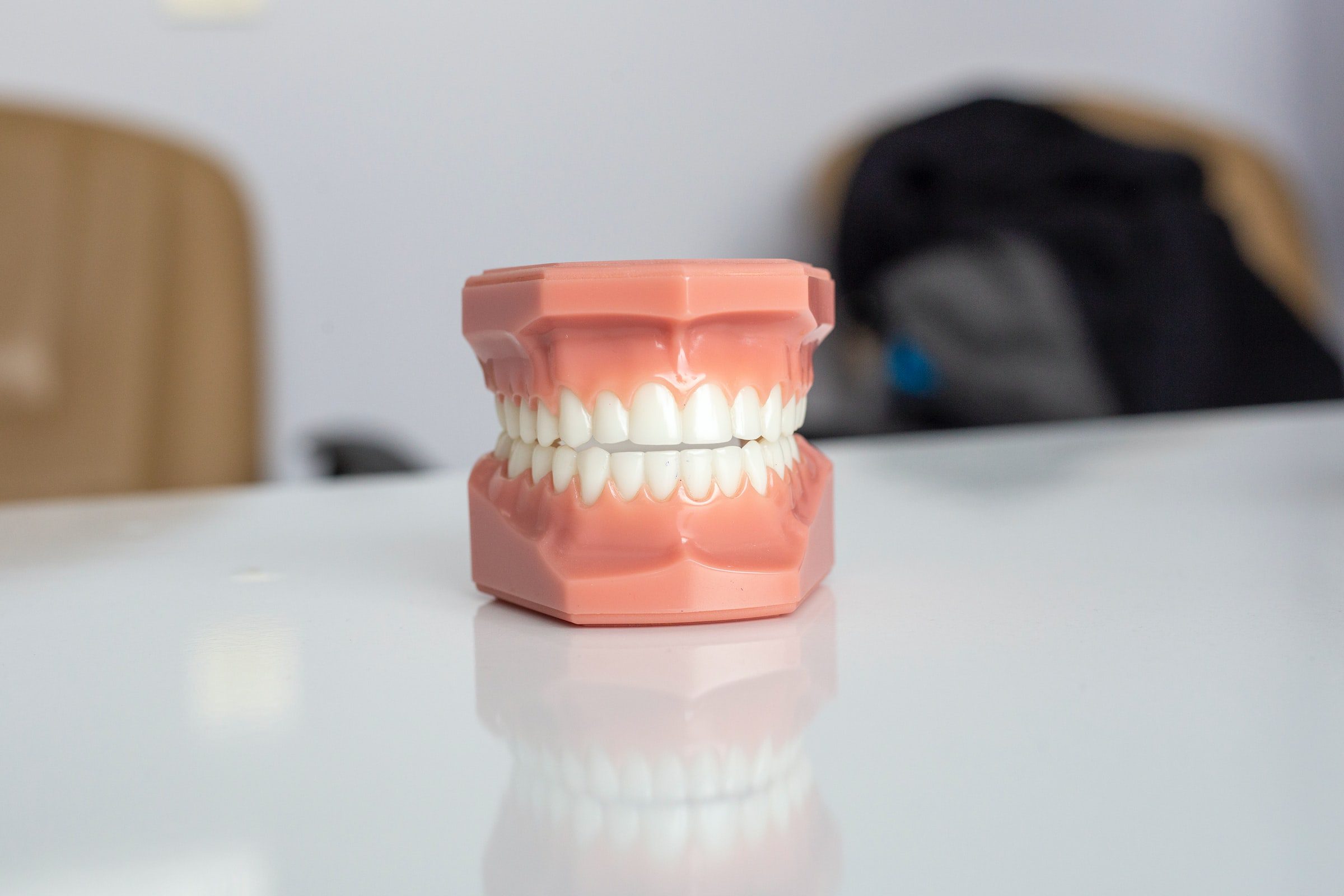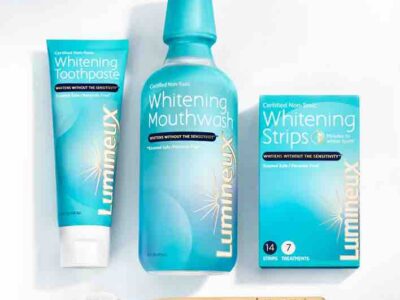To all dentists, orthodontists, and anyone out there with teeth and/or gums, it’s almost that time of year again. Oral Cancer Awareness Month is marking its 23rd anniversary in April. Though the risks aren’t as emphasized as lung or skin cancer, oral cancers are still to be taken seriously. In America, a new person dies of such an affliction roughly every hour of the day, and of those who are newly diagnosed, only half survive more than five years.
The stance on oral cancer prevention has changed a bit over the years, as newer research grants fresh perspectives on potential root causes. For the longest time, it was assumed that oral cancers were generally present in the limited, fully voluntary demographic of people over 50 years of age who had been or currently are heavy smokers and drinkers. While that is certainly a good place to start for identifying at-risk behaviors, more recent studies indicate that human papillomavirus (HPV) presents an increased risk for cancers of the mouth. It is estimated that this is not an issue for 99 percent of individuals who contract HPV– there is, however, a chance for the remaining 1 percent that the virus lies dormant for a period of decades until finally re-emerging as a form of oral cancer.
There is hope, just like a large number of common cancers, there are several ways to mitigate the risk of developing the disease. It’s about practicing healthy behaviors in both diet and recreational activity while clamping down on those that are less than healthy. Starting with the most obvious, it is best to avoid regularly excessive alcohol use. According to the Oral Health Foundation, about 1 in 3 cases of oral cancer are due to those patients having lengthy histories of drinking too much in their daily lives. The American Cancer Society recommends no more than 2 drinks a day for men and 1 drink for women as a safe number. Along with alcohol comes limiting one’s tobacco use. Ninety percent of oral cancer patients are regular tobacco users, meaning steering clear of the substance is crucial for living free of worry.
Diet can play a role as well. Hydration is key– the more hydrated you are, the less of a chance for oral cancers to develop. There are plenty of foods that have preventative effects on their own. Consuming berries, fish, vegetables like broccoli and cauliflower, olive oil, and various citrus fruits will do wonders for a healthy body and mind for decades to come.
After that, a healthy mouth essentially comes down to regular brushing of the teeth. While most brush twice a day, brushing after meals and consistent flossing will be even more effective as mitigating behaviors. And of course, twice a year dentist checkups are also important.





